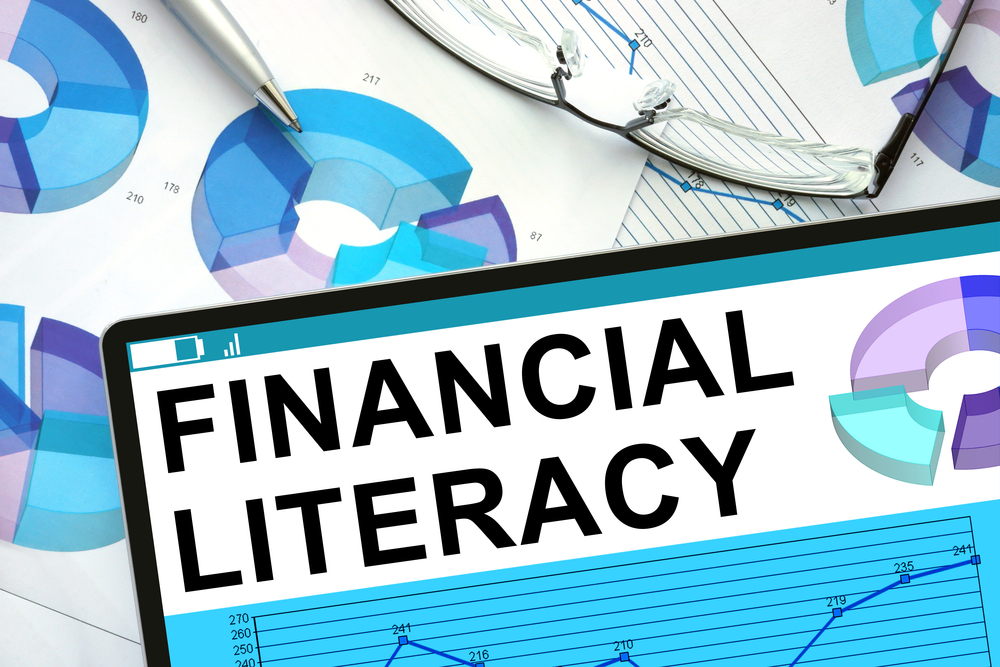Why Education Fails to Prepare Us for Wealth
Education is often heralded as the great equalizer, a pathway to opportunity and success. So let’s talk about the financial literacy crisis in detail. Yet, for many, it fails to deliver on its promise, particularly when it comes to financial literacy and wealth generation. This gap in education leaves countless individuals unprepared for the financial realities of adulthood. Here are some critical points that illustrate why traditional education systems fall short in preparing us to make money.
Key Issues in Financial Education
- Absence of Financial Literacy Curriculum:
- Despite growing awareness, only a fraction of schools requires personal finance courses. As of now, only 17 states mandate financial literacy classes before graduation. This lack of foundational knowledge leaves students vulnerable to financial pitfalls.
- Misalignment with Real-World Needs:
- Many educational programs focus heavily on theoretical knowledge while neglecting practical skills that employers demand. Graduates often find themselves ill-equipped for the job market, lacking the necessary skills to navigate their careers successfully.
- Overemphasis on Rote Learning:
- The current educational system prioritizes memorization over practical application. Students may excel in exams but struggle with real-life financial decisions, such as budgeting or investing.
- Inadequate Real-World Experience:
- Schools typically do not offer students opportunities to engage in real-world financial decision-making. This disconnect can lead to anxiety and poor financial management later in life.
- Socioeconomic Barriers:
- Students from low-income backgrounds often miss out on critical financial education due to systemic inequalities. These disparities perpetuate cycles of poverty and limit social mobility.
Highlighting the Gap

I have no idea!
Consider the story of Sarah, a recent college graduate who landed her dream job but quickly found herself drowning in credit card debt. “I had no idea how to manage my finances,” she recalls. “I learned about the Pythagorean theorem, but not how to balance a checkbook.”
Sarah’s experience is not unique; many young adults enter the workforce without the skills necessary to manage their finances effectively.

It makes no sense!
Similarly, John, a high school student, expressed his frustration after taking a personal finance class that felt disconnected from reality. “We learned about interest rates and loans, but it didn’t feel relevant,” he said. “I needed to know how to save for a car or budget for college.”
The Consequences of Inadequate Education
The implications of this educational shortcoming are stark:
- Increased Financial Anxiety: A significant portion of young adults report feeling overwhelmed by debt and financial responsibilities. According to recent surveys, nearly 40% of Americans lack enough savings to cover a $400 emergency.
- Widening Economic Inequality: The lack of financial education disproportionately affects those from lower socioeconomic backgrounds, exacerbating existing inequalities. As the gap between rich and poor widens, so does the divide in financial literacy.
- Stunted Economic Mobility: The American dream is increasingly out of reach for many. Research shows that only 50% of children born in the 1980s will earn more than their parents—a stark decline from 90% for those born in 1940.
Conclusion
The failure of education systems to adequately prepare individuals for financial success is a pressing issue that demands attention. By integrating comprehensive financial literacy programs into curricula and emphasizing practical skills over theoretical knowledge, we can empower future generations to navigate their financial futures with confidence. As we move forward, it is crucial to recognize that teaching personal finance is not merely an option; it is a necessity for fostering a financially savvy society capable of thriving in an increasingly complex economic landscape. The time has come for educational institutions to take this responsibility seriously and equip students with the tools they need to succeed financially. By addressing these gaps in financial education, we can ensure that future generations are not only informed but empowered to make sound financial decisions that lead to lasting wealth and security.
Check out more articles here


Leave a Reply